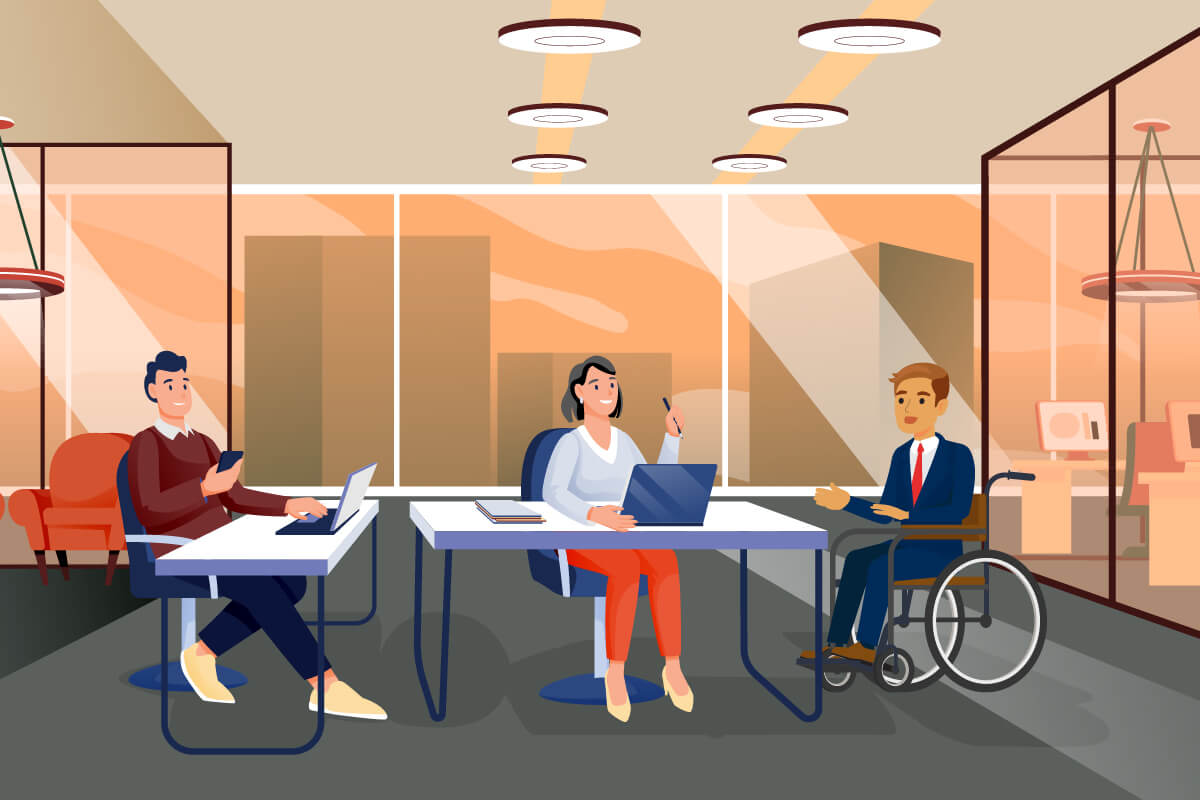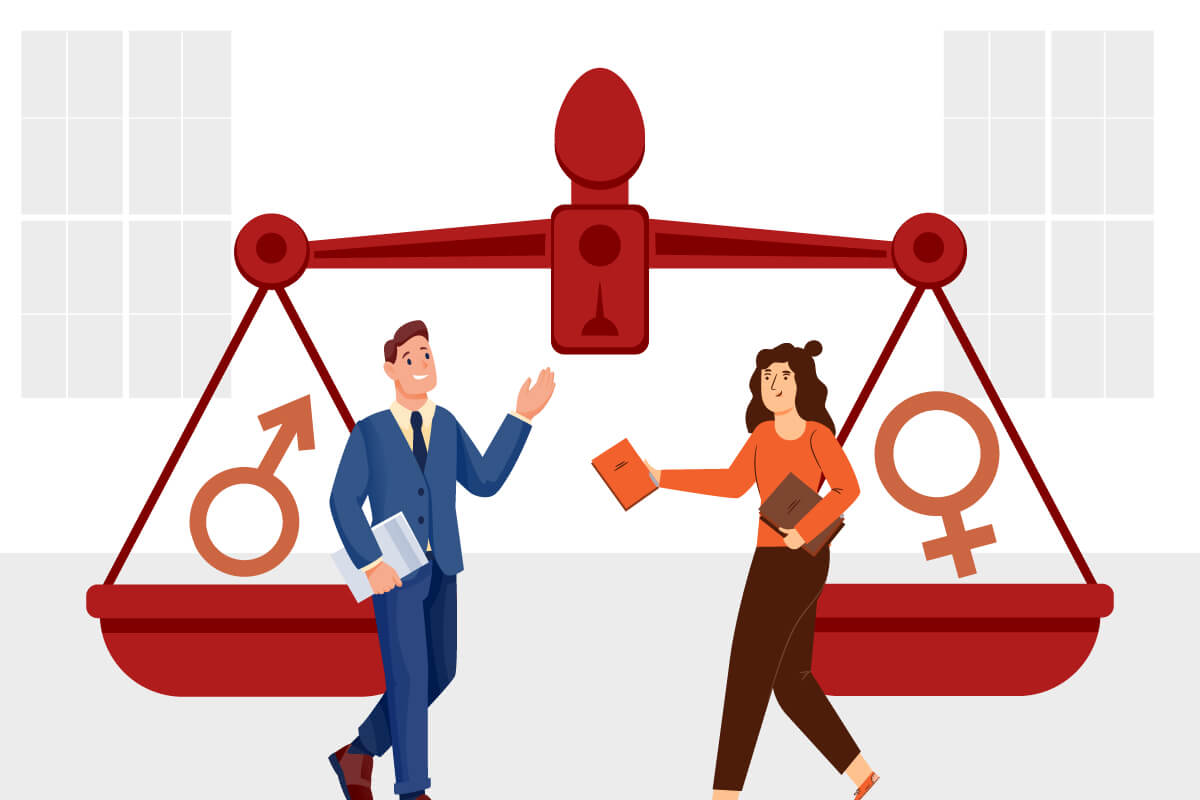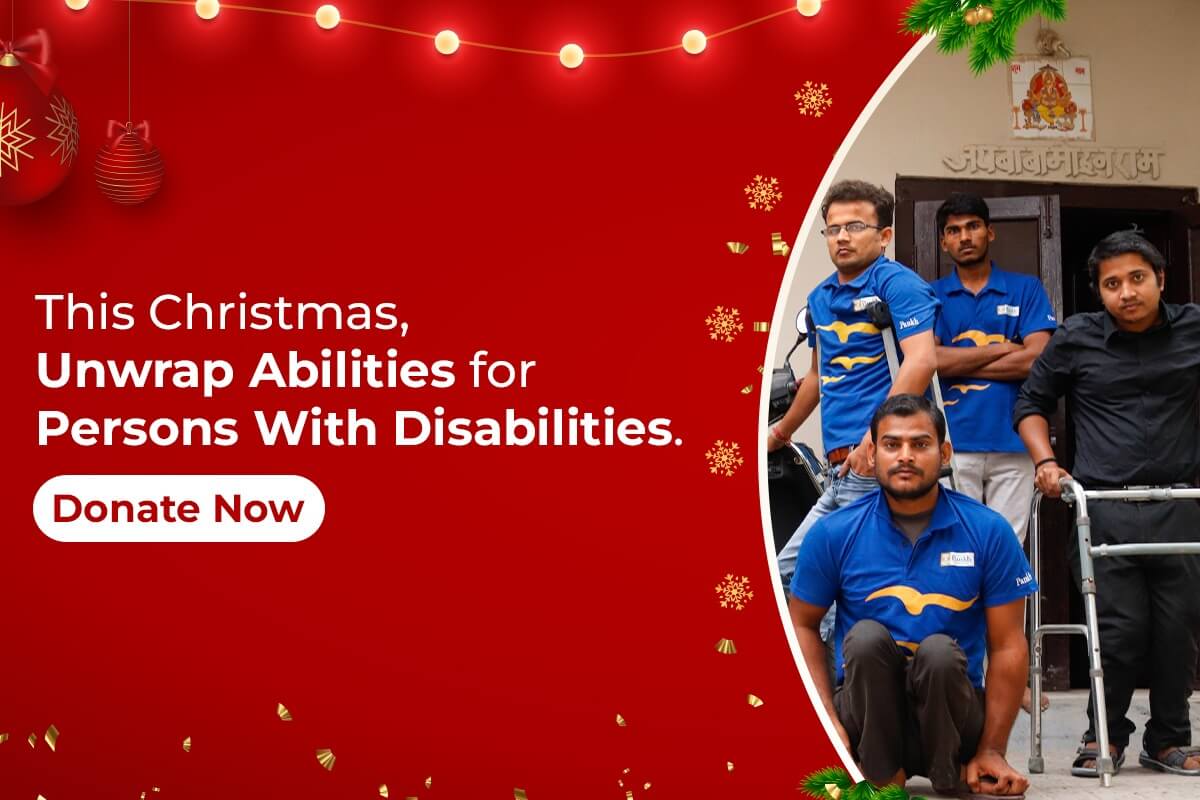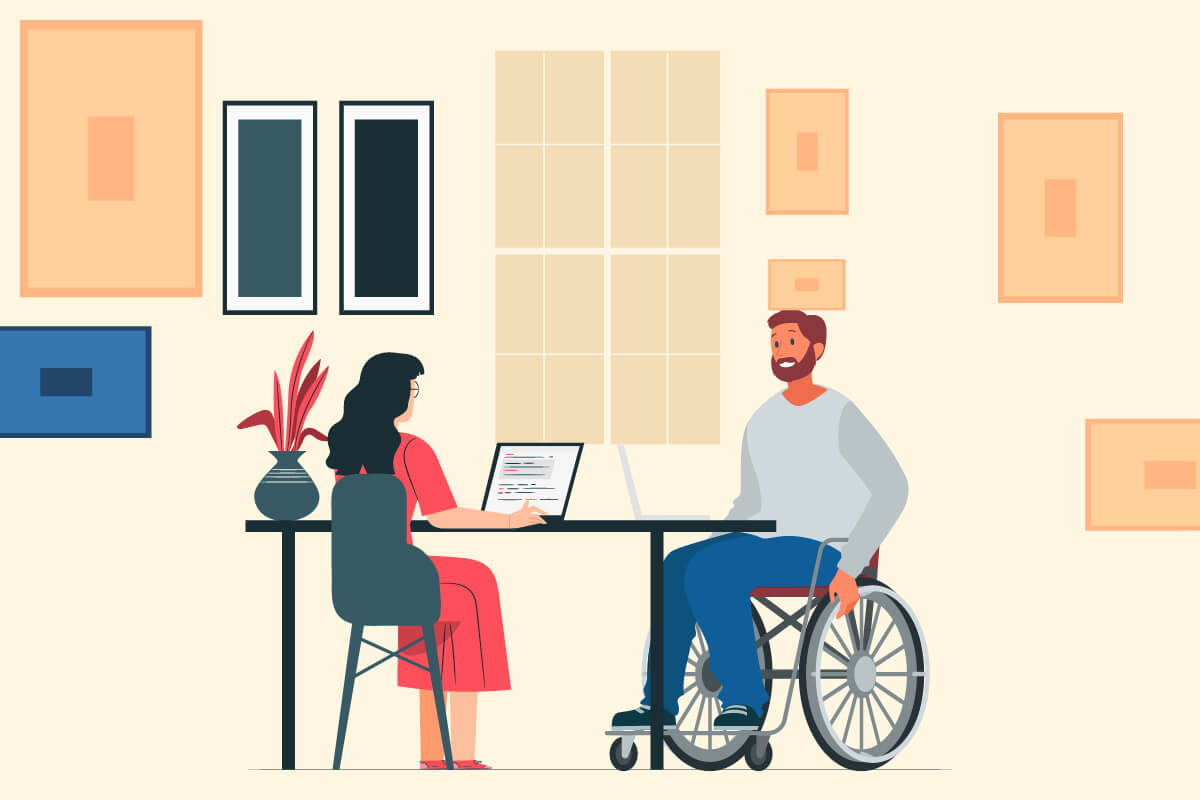India, as a country, is on the expressway to becoming a global superpower – it is already the 5th largest economy in the world and is on track to become the 3rd largest by the year 2030. However, there are still several people within our country who are struggling to lead a life of dignity; simply because they do not have access to proper employment and other basic human needs.
What creates the need for a sustainable livelihood program
There is no denying that even though as a country, we are developing and things are getting better, there is a need to build a proper response mechanism against the several socio-economic challenges that still exist.
-
The economic vulnerability:
Poverty is a reality in India and even today, there are people who are unable to afford the most basic of amenities such as a permanent roof over their heads or three-square meals a day. Those who depend on traditional forms of employment, have no options to upskill or do not have high skill sets are often those with low incomes. Moreover, problems such as natural disasters or major hits to the economy often affect such people first.
-
Rural-urban migration:
More and more people are now choosing to migrate from rural areas to the urban centres, looking for better economic opportunities. It is also important to remember that the decline of small-scale farming has led to rural unemployment, which is why people look to move to urban centres. Had there been any livelihood programs in place, this migration could have been reduced or could have been at a much more staggered rate.
-
Social inequality:
From gender disparity to marginalisation of those who are differently abled, social inequality takes on several garbs in India and is still prevalent. Several women and persons with disabilities are often marginalised and overlooked when it comes to job opportunities and a chance to become a part of nation building. There is a need to allow everyone, irrespective of their gender or physical differences, to lead a life of dignity.
What is the purpose of a livelihood program
The creation of a sustainable livelihood program is multi-faceted – by recognising and empowering people of marginalised groups, including women and persons with disabilities, by providing them with the necessary skills, resources, and opportunities to build a better life for themselves, and by offering them the support they need.
- Capacity building stands at the forefront of any livelihood program – there has to be a provision for training, education, and skill development, allowing each person to create a better life. The idea is to empower people to manage their livelihoods effectively and should there be a change in circumstances, there should be a fluent adaptation to the same.
- If there has to be a reduction in poverty and if there has to be availability of equal opportunities for all, then social inclusion and equity is a must. This has to be done by ensuring that vulnerable and marginalized groups, including women and persons with disabilities have equal access to resources and opportunities.
- There also has to be a diversification of income sources – through proper training programs and skill development opportunities and the involvement of the local communities, there can be more sources of income generation than first considered. So, for instance, if women are made digitally literate, they would become employable and they would have an alternate source of income.
But why invest in a sustainable livelihood program?
There will certainly be those who would ask why is there a need to invest in such programs? Haven’t things been going on fine just the way they are?
- When you provide training and support to those who have long been marginalised, such as persons with disabilities or women, they are able to rise up from the clutches of poverty and build a better life for not only themselves, but also those around them. For instance, people who have benefitted from the training programs of TRRAIN (Trust for Retailers and Retail Associates of India), will tell others about the same and set into motion a cycle of change.
- Investing in sustainable livelihood programs also fosters a sense of social equity because it is able to provide the marginalized and vulnerable sections of society with better access to resources as well as opportunities. This inclusivity, especially in terms of women and persons with disabilities, helps bridge the gaps in income and employment, leading to the creation of a more just and equitable society.
- The importance of livelihood programs goes beyond just an individual; they tend to have an impact on the community as a whole. When the people of the community have jobs and steady incomes, they are able to contribute to the community as a whole, improving the situation for all.
- It is also important to note that the sustainable livelihood meaning goes beyond just the finances – when there is training and guidance, when there is a steady source of income, there is also improved health and mental well being too. Earning members are able to have better access to quality nutrition and proper healthcare and this in turn, leads to a healthier and fitter nation.
- When there is an investment in sustainable livelihoods, there is also a direct link to local economic development. Training programs like the ones run by TRRAIN offer persons with disabilities and women, chances to become contributing members of the local economy. When they are hired in local stores, offices and organisations, not only are they supporting their families, they are also supporting the economy.
The ultimate purpose of livelihood programs sits in the creation of a long term economic stability that works for the benefit of everyone in the community. When you donate for livelihood creation through TRRAIN, you are not only helping people with disabilities and women from marginalised sections of society create a better life for themselves, but also become contributing members of nation building.





